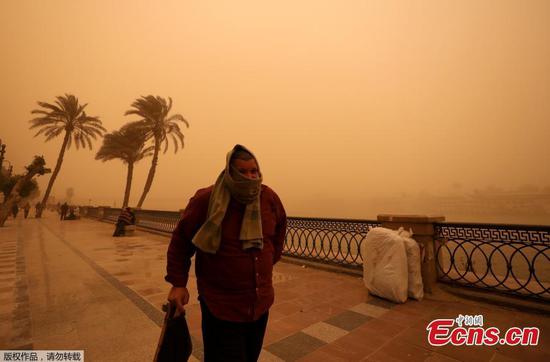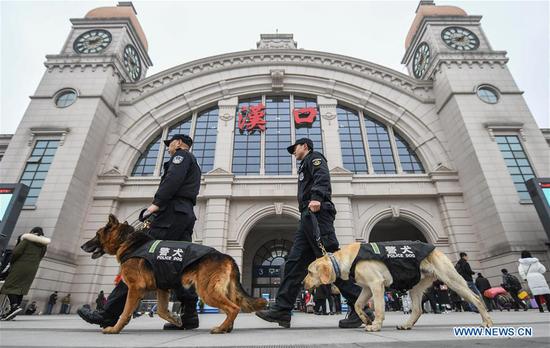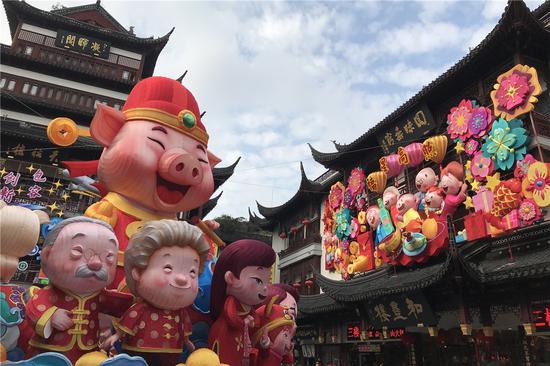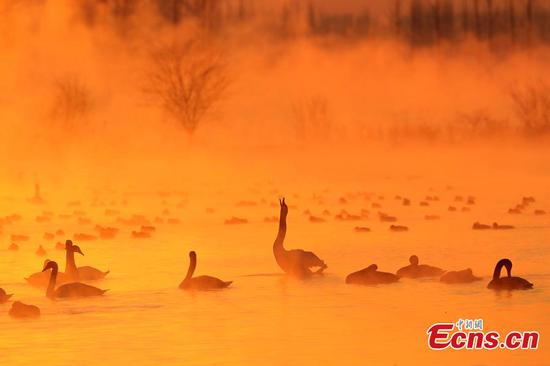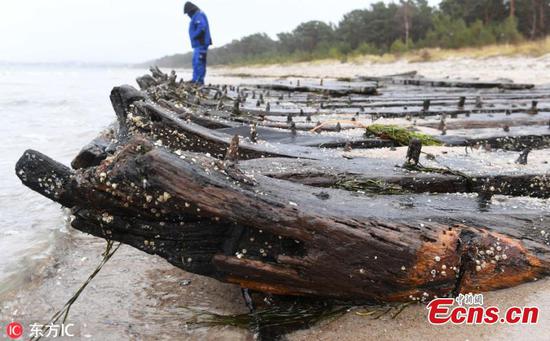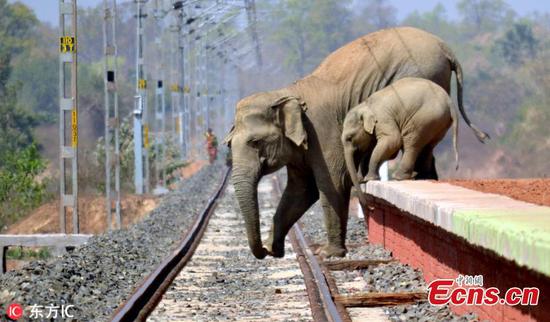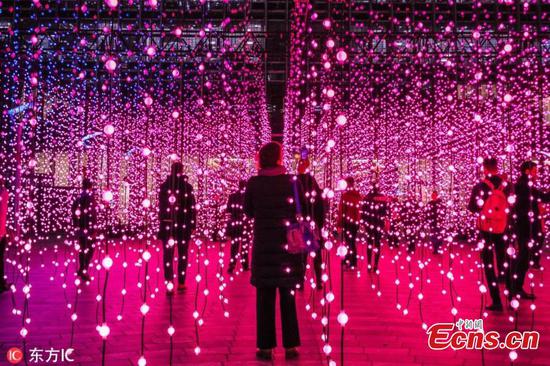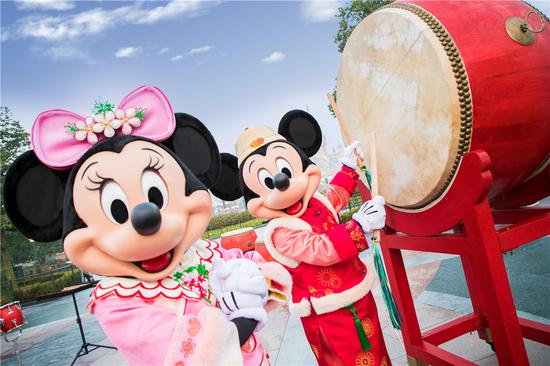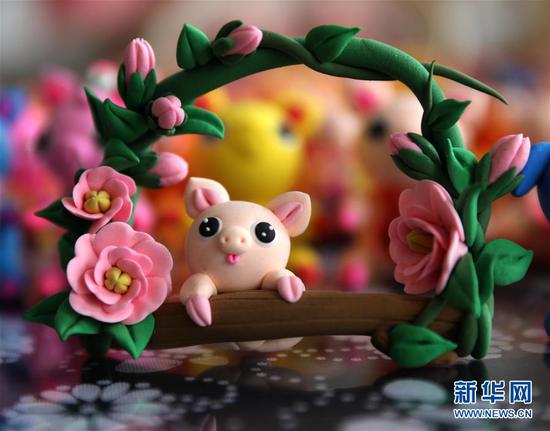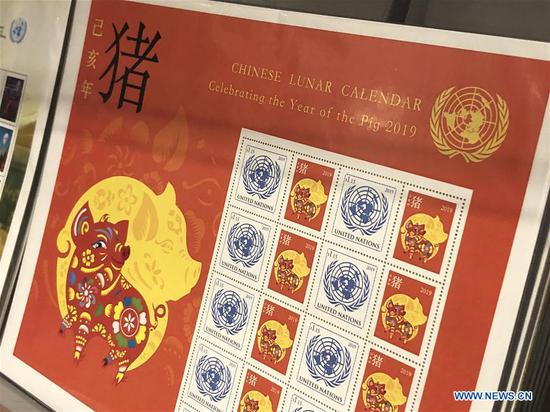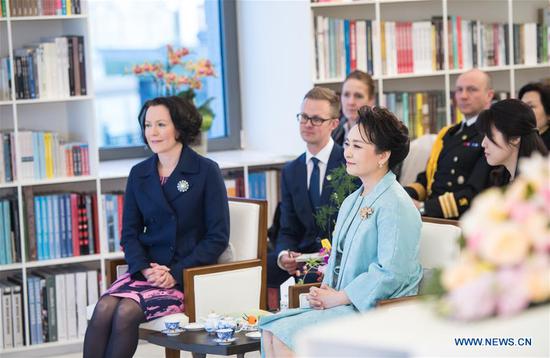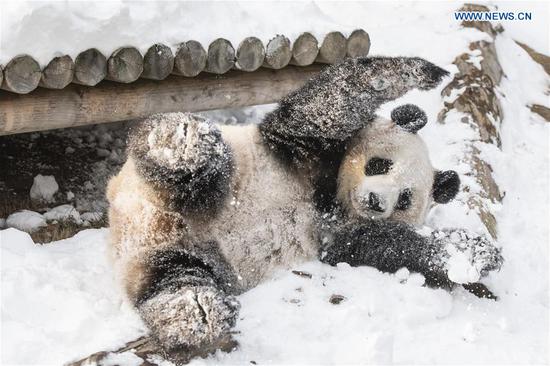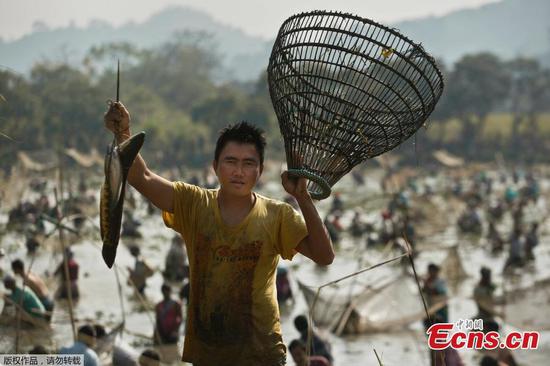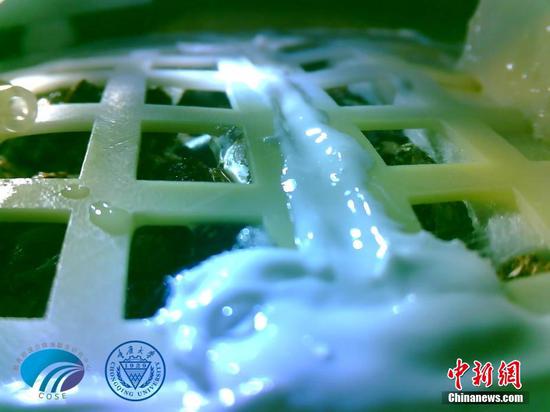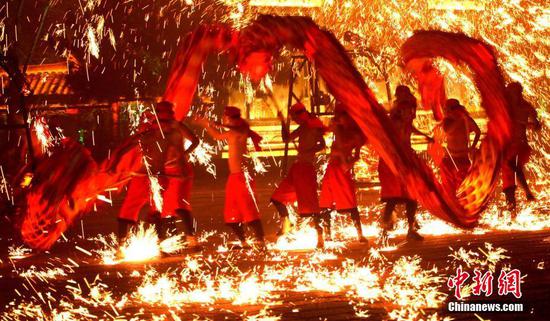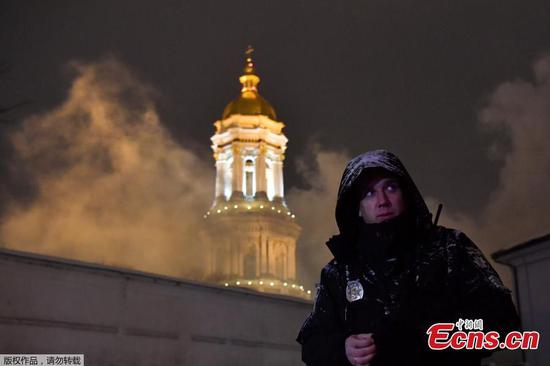Chinese travelers' enthusiasm for visiting Japan during the Spring Festival holiday remains high, despite an appreciating Japanese yen and an exit tax levied on foreign visitors.
Japan, next only to Thailand, has become the hottest overseas destination for Chinese travelers during the upcoming one-week Spring Festival break in early February, according to Ctrip, China's largest online travel agency.
By Jan 4, the number of travelers who booked trips to spend Spring Festival in Japan jumped 40 percent year-on-year, and their per capita spending on booking is 9,000 yuan ($1,312) on average. More than half of the popular routes have been sold out, Ctrip said.
From Jan 7, the Japanese government started to levy a 1,000 yen ($9.17) exit tax on foreign travelers who take flights or cruises leaving Japan, and the money will be added to their flight or cruise tickets.
Industry analyst said the exit tax, which is around 64 yuan, would add to the cost of Chinese travelers visiting Japan, but it is unlikely to have an impact on the willingness of those who have plans to travel, as the amount is small.
"I would still go to Japan, it's all right for me to pay the extra money. Japan is a suitable place for taking trips, given its proximity to China, tasty food and various shopping spots," said Bai Yu, a 29-year-old office employee in Beijing.
So far, Ctrip has received tens of thousands of bookings for its Japan travel products for the Spring Festival break. Chinese consumers who chose tailored tours in Japan and the number of Chinese who applied for Japanese visas both significantly surpassed the numbers of bookings during Spring Festival last year.
Last year, travelers from the Chinese mainland who visited Japan with tour groups spent 6,516 yuan per person on booking travel products, while those who traveled independently spent 6,789 yuan per person on average, Ctrip said.
From January to November in 2018, 7.78 million travelers from the Chinese mainland who visited Japan, a rise of 14.6 percent year-on-year. During the period, Chinese mainland travelers accounted for 27.24 percent of the total foreign travelers who visited Japan, and they continue to stand as the largest tourist source, according to Japan Tourism Agency.
"In the past few years, the surge of international travelers has put a lot of pressure on the transportation and accommodation in Japan, and the Japanese government considered that collecting tax may help to improve infrastructure, tourism facilities, and travelers' experiences," said Xiao Yinyuan, director of outbound tours at Ctrip.
Meanwhile, the Japanese yen has appreciated against the Chinese yuan in recent days, while the prices of most travel products to Japan remain flat, Ctrip said.
"Large travel agencies like us usually purchase flights, hotels and local guide resources beforehand, and we provide better prices due to our scale advantage. Now, trips to Japan for the Spring Festival break are nearing the end of booking," Xiao said.









